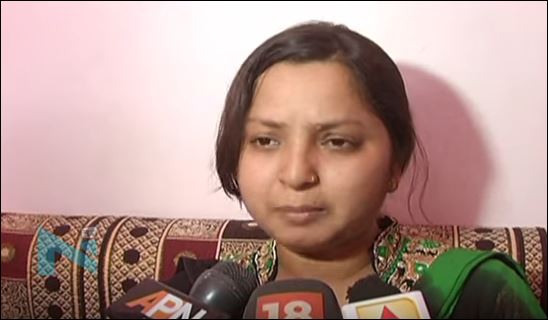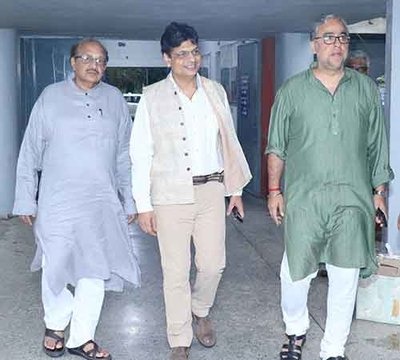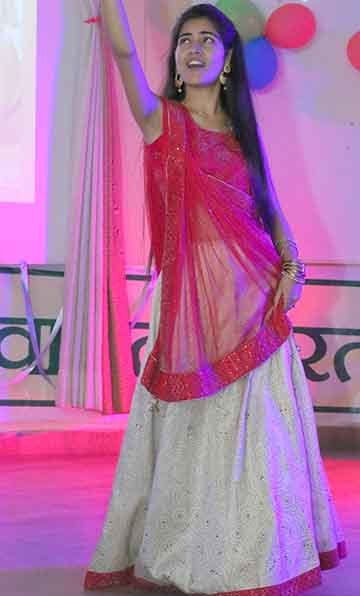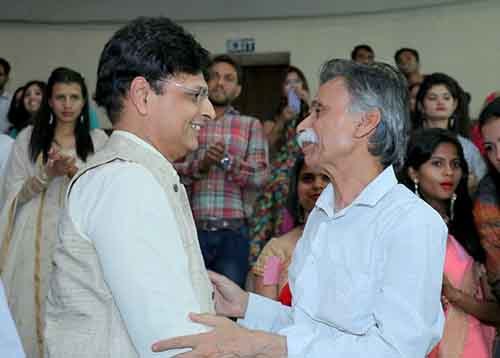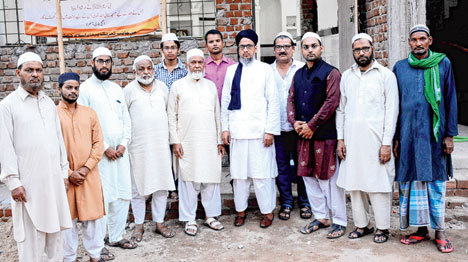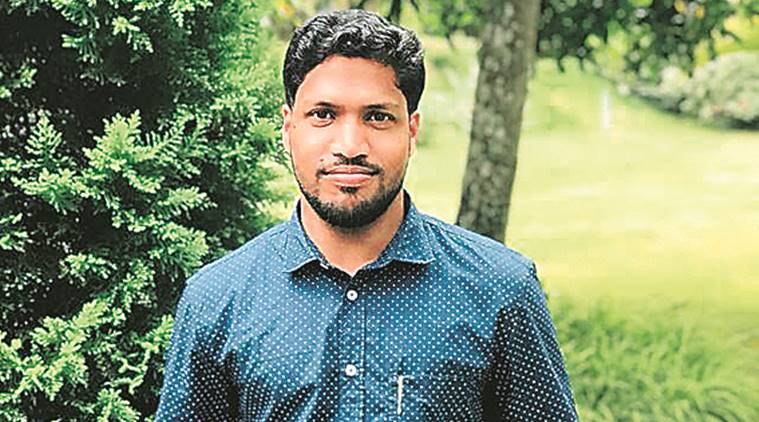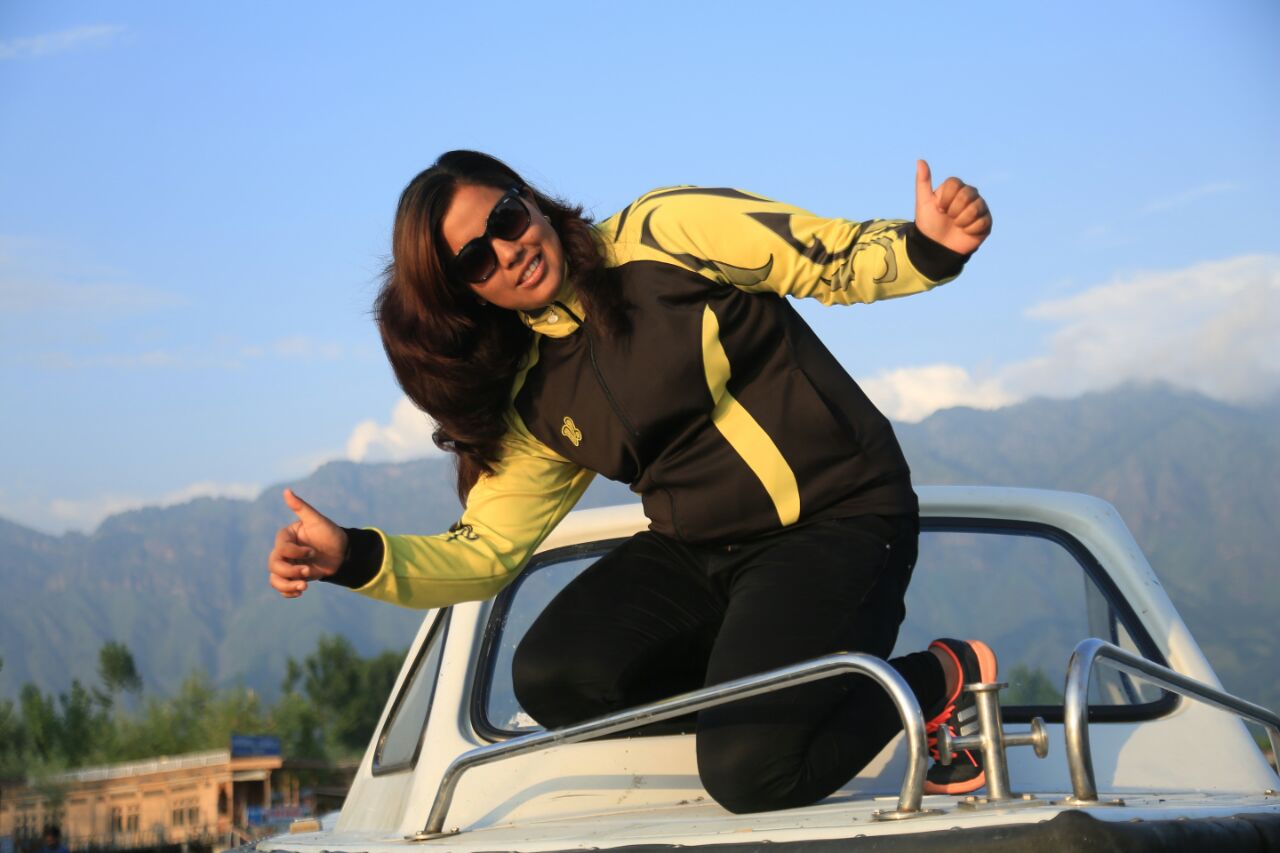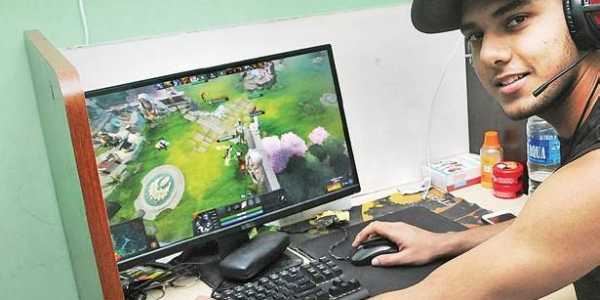PUNJAB / JAMMU & KASHMIR / NEW DELHI :
Independence and partition of India brought massive transfer of populations. Movements of refuges were on predictable, communal lines. There were just a few cases where the communal movements were in the ‘wrong’ direction. To that microscopic group of mavericks belonged Mohammed Yunus who, forsaking wealth and family prestige, left his ‘native Pakistan’ for India and turned out to be of much help to the Indian Muslims.
Yunus is so intimately identified with the erstwhile North West Frontier Province or the NWFP – now Khyber Pakhtun Khwa that it may come as a surprise to many that he was not a Pathan! Born in 1916 in Abbobtabad, his father Haji Ghulam Samdani was an extremely wealthy man owning rights over vast tracts of forest and agricultural lands in Punjab, Kashmir and NWFP. One of the biggest government contractors of his time, he owned most of the legendary ‘Qissakhwani Bazar’, the nerve center of Peshawar.
Samdani was a Mughal whose great-grandfather had migrated and settled down in Baramula, Kashmir in the latter half of the eighteenth century. One of the first from among Muslims of the region to have received western education, Samdani settled in Peshawar as a military contractor in the 1880s and never looked back. He was personally contacted by Sir Syed Ahmad Khan to bail out the MAO College after the institution was in the financial doldrums following a huge defalcation by Shyam Bihari Lal, a confidante of the founder. Apart from emerging as the wealthiest man of the NWFP, Samdani struck roots in the Pashtun area through his philanthropy and marriages including in the famous Charsadda family of the ‘frontier Gandhi’ Khan Abdul Ghaffar Khan. Indeed Yunus was the son of that mother and thus a ‘maternal Pathan’. Some space has been devoted to the family details as this has a bearing on what Yunus made of his future life.
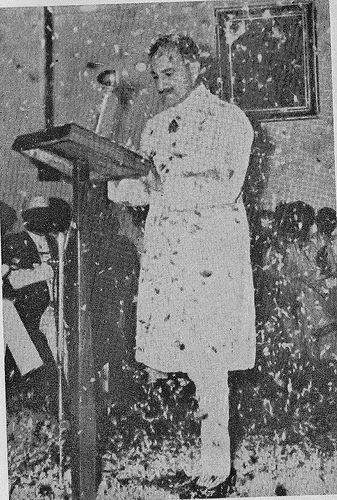
Mohammed Yunus
After an early education in Peshawar in an opulent but deeply religious atmosphere Yunus was dispatched to Aligarh to study in ‘Minto Circle’, more correctly the AMU Boys High School from where he passed the High School examination in 1932. He thereafter joined the Islamia College on a suggestion of its former Principal H. Martin (who was then Pro Vice Chancellor of the Aligarh Muslim University and is remembered as the coauthor of the famous “English Grammar and Composition” by Wren and Martin). Martin had astutely sensed that Yunus with had the right background to play a major role in the public affairs of that province at a future date. Even in his teens in Aligarh he was witty and quick with repartee which lasted a lifetime. Thus when Gandhiji visited the University in 1931, Yunus somehow clambered up the stage of the Students’ Union with an autograph book in hand. The Mahatma with a frown asked him why he was not wearing khadi to which the Peshawar lad replied without batting an eyelid that he was wearing his school uniform and obtained the coveted signature. What the young Peshawari had not disclosed was that there was no objection to the uniform being made of khadi!
Freedom struggle
He passed B.A from Islamia College, Peshawar. During the college days he was associated with the khudai khidmatgar (God’s servants) movement of the ‘frontier Gandhi’ with its emphasis on non violent resistance to the Raj, its emphasis on service of he poor and social reform. Soon after College he emerged as a prominent political activist and main spokesman of the movement who was an informal representative of Ghaffar Khan with whom he had become related (in the ‘oriental fashion’) with the marriage in 1935 of his elder brother Yahya with the only daughter of the great man. Yunus emerged as a major face of NWFP in rest of the country representing the province in Congress forums and espousing the cause of its economic development. He hosted Jawaharlal Nehru, Indira Gandhi and Mohammed Ali Jinnah during their tour of the area and was equally active in Pashto-speaking areas across the Durand line i.e. in South Afghanistan.
He also fought shoulder to shoulder with the National Conference in the Kashmir valley for involvement of people in governance. Yunus was incarcerated in the Quit India movement (1942) and was released only three years later. His reminiscences of prisons were later published in Urdu as Qaidi ke Khat (letters of Prisoners). Following his release he worked zealously against the Muslim League and its demand for Pakistan. In 1946 elections an overwhelmingly Muslim electorate elected a Congress government in the province under ‘Doctor Khan Sahib’ the elder brother of the frontier Gandhi (NWFP was the only province where the dominant community, whether Hindu or Muslim, had voted against the sentiments of the relevant community elsewhere). The government did not survive for long as the aristocrats of the province engineered large scale defections.
Yunus decided to move over to Kashmir to be at the forefront of the agitation against the Maharaja.
Independent India
On the eve of the independence, disgusted with the volte face of the ‘blue blood’ of his community and the communal frenzy he heeded the advice of Nehru and his daughter (with whom he had grown so close as to be almost a member of the family) and decided to make the ‘divided India’ his home. In doing so he was foregoing considerable a fortune – the estate of Haji Ghulam Samdani, which despite its devolution to more than a dozen offspring, was substantial. Nehru offered him appointment in the Indian Foreign Service keeping in view the fact that his proclivity to call a spade a spade would not take him high in politics. Over the years he was envoy in Turkey, Indonesia, Iraq, Spain and Algeria and served twice in the Ministry of External Affairs. In 1971 he was appointed Commerce Secretary – a position he held with great distinction till his retirement in 1974.
After his retirement he was the founder-Chairman of the Trade Fair Authority of India, a position he held till 1977 and again from 1980 till 1985 when he was nominated as Member of the Rajya Sabha for a period of six years. In 1974 when the Muslims of India were restive about the restoration of the ‘minority character’ of the Aligarh Muslim University and the then Education Minister, Prof. Nurul Hasan had made it a ‘progressive’ versus reactionary’ affair Mrs. Indira Gandhi nominated him on the Executive Council of the University where he articulated the aspirations and views of the majority of Aligarh community. It is not intended here to give a ‘low down’ on his professional achievements but mention must be made of the great institution that he built in the form of Pragati Maidan – not only a landmark in the heart of Delhi but clearly among the worlds most prolific and efficient organizers of industry specific fares. The layout, the design of the halls, the infrastructure, carefully planned trees and shrubs all bear a testimony to his loving planning and eye for details. Above all, the initial team of personnel that he handpicked turned out to be a coordinated, well-oiled machine of highly motivated professionals. The traditions and operating procedures laid down by him and his pioneer associates survive to this day and make the ITPO – the rechristened version of the TFI – a vibrant institution. Following a setback in his health Mohammed Yunus lived an increasingly sheltered life with increasingly limited mobility finally succumbing to the inevitable in 2001.
The curious reader could well ask whether what has been stated is all there is to his life or there is something special that earns him the right to be remembered a decade after his death and perpetuate his memory beyond his immediate family. The questions are natural and they deserve an answer – the answers are all in the affirmative.
There are three main reasons why Yunus deserves to be remembered by the country generally while the Indian Muslims need to be particularly aware of his life and time. These ‘reasons’ have to do with his specific achievements and traits and are: An extraordinarily forthright and brutally honest personality, standing by the Muslim community without any political agenda or ulterior motive and a great institution-builder. His ‘baby’ presently called the India Trade Promotion Organization having already been briefly referred, the rest of this piece is devoted to the first two feathers to his cap.
Personality
Yunus had a unique personality which cannot be forgotten by anyone who came in contact with him. He was quite ‘direct’ in his conversations, something which Asians generally lack. This can be illustrated with a few anecdotes. In his autobiography Persons, Passions and Politics (1980, Vikas) he recounts the time he was Joint Secretary in the Ministry of External Affairs and had to deal with the local (British) representative of the Commonwealth Graves Commission and his Boss a pompous ex Brigadier of the British Army who had arrived from London ostensibly to inspect the various war cemeteries run by the Commission but really to express displeasure about Yunus’s refusal to accede to some unreasonable request of the local representative. The Brigadier, a typical ‘Colonel Blimp’ was an arrogant foul-mouthed character still carrying hallucinations of ‘Pax Britannica’ with a disdain for the former ‘subject races’. In any case, the senior officer showed his displeasure to Yunus and asked him not to repeat ‘senseless arguments’ and added to good measure that India was being ‘more mulishly unreasonable’ than Germany and Italy were during the last war. Yunus calmly heard the man and politely asked, “is there anything further you gentlemen wish to add before I give my final response’. The imperious ‘Colonel Blimp’ responded with disdain, “I am not interested in your last responses; I want the bloody thing done by tomorrow morning before I leave for home”. Our man than spoke, “You bunch of grave-diggers, how dare you compare my country to the fascists! Leave this very instant, or I will throw both of you out of this window!” He writes, “they made themselves scarce in no time; I started to laugh, and laughed uncontrollably”.
This author knows of a similar episode on the authority of a very eminent personage (a very venerable civil servant, now in his 80s who in the best tradition of the bureaucracy is loathe to be identified; for the initiated, the narrator was then a Joint Secretary in the Prime Minister’s Secretariat). In early 1975 the Prime Minister called a meeting to discuss the ongoing agitation against amendments made in the AMU Act 1n 1965 and for declaring the University a minority institution. The meeting was briefed by the Education Minister who explained that the agitation was being fomented by ‘reactionary elements’ within the University academics who did not wish the ‘progressive forces’ to lead the institution up the path of ‘growth and academic excellence’. Yunus, one of the invitees, interjected to ask the Minister to explain who the ‘reactionaries’ were. The reply was that they were the ones who ‘raised the bogey of Islam’. Yunus abruptly cut short the Minister and said “and Prime Minister, progressives are those who eat and drink during the month of Ramadan, do not offer Namaz and drink alcohol in the evenings in the privacy of their houses while discussing how best to further the agenda of the Minister!”. There was startled silence in the room with the Prime Minister barely stifling a smile started to furiously doodle on a pad.
Yunus increasingly acted as behind the scene spokesman of Muslims in the corridors of power with no personal ambition or even projecting himself in the public. His role in highlighting indiscriminate demolitions of houses of Muslims in the name of ‘slum clearance’ in old Delhi is not too well known but is acknowledged by, of all the persons, the ‘bulldozer man’ Jagmohan in his Rebuilding Shahjahanbad . This author is personally aware of cases where he took victims of police atrocities to the Prime Minister at a time when doing so (during the emergency) ran the risk of detention without trial. His vigorous espousing the cause of Aligarh academics and students for restructuring the governance charter of the AMU is not fully appreciated. Many who were active those days now concede that with a champion like Yunus they knew they had someone from the ‘establishment’ on their side and this prevented them from developing a negative attitude towards the secular Indian State. What is more, his transparent sympathy – and empathy – made the members of Muslim middle classes look to him as the honest broker faithfully projecting their grievances without any personal vested interest. This resulted in many a simmering discontent to escalate into public agitations.
A handsome man, not very tall but an overpowering presence, he could be assertive and polite at the same time; Yunus had an endearing personality with a propensity to laugh at himself. His fund of jokes and funny anecdotes was virtually inexhaustible. He was a great motivator of men and a good judge of character. He bore personal losses with great courage and fortitude (as was evident when his only offspring Adil Shaharyar died suddenly). The personality of Yunus can be summed up by narrating a personal experience of this author. In a function of the Delhi AMU Old Boys Association both he and Yunus arrived late and occupied the last row as the proceedings were well under way. The Organizers ran to escort Yunus to the front with our man saying that he should not move for three reasons: First seeing him people will get up and disturb the speaker, Prof Moonis Raza (VC Delhi University); Second as a late comer he was in the right place, the last row, and; (turning to me) yeh bechara bhee late aya hai soche ga mujhe saza milee or Yunus ko jaza yanee aage jagah milee!! (The sentence is not very easy to translate, but it should run something like “This poor chap (the author) is a late comer, too, if I shift to the front he will think that while he is punished Yunus is being rewarded for being late – the real pun lies in the rhyming of the words ‘saza’, ‘jaza’, and ‘jagah’ which cannot be translated).
source: http://www.twocircles.net / TwoCirlces.net / Home> Articles> Indian Muslim / by Naveed Masood for TwoCircles.net / June 09th, 2011
